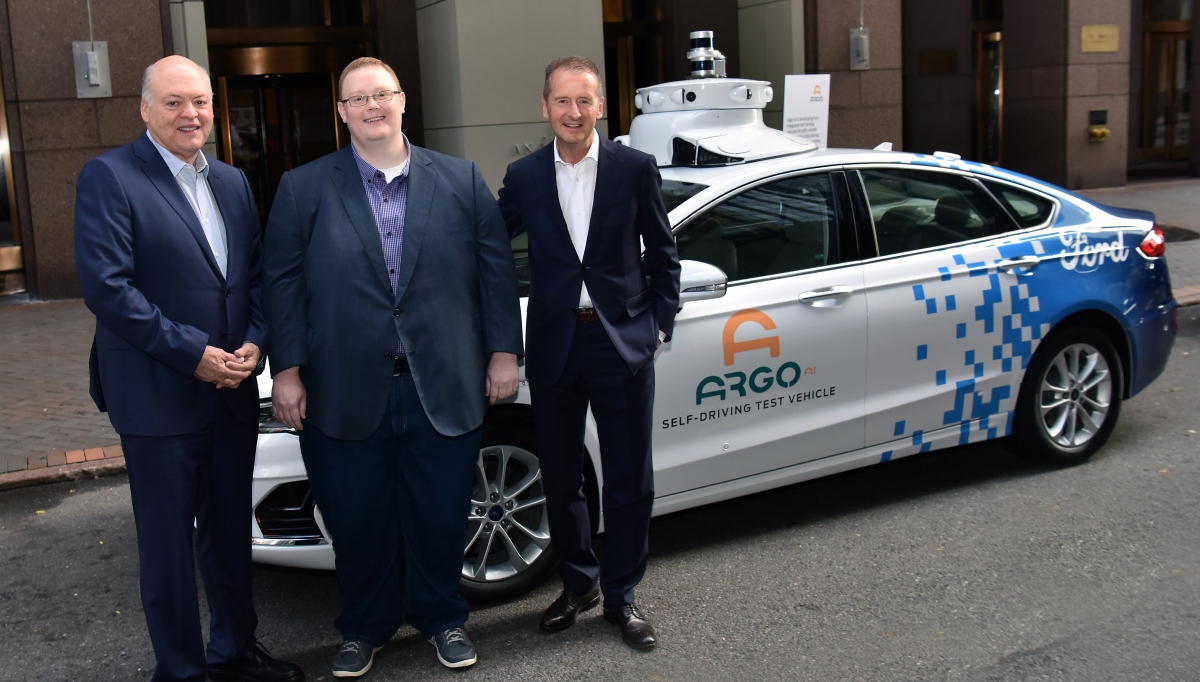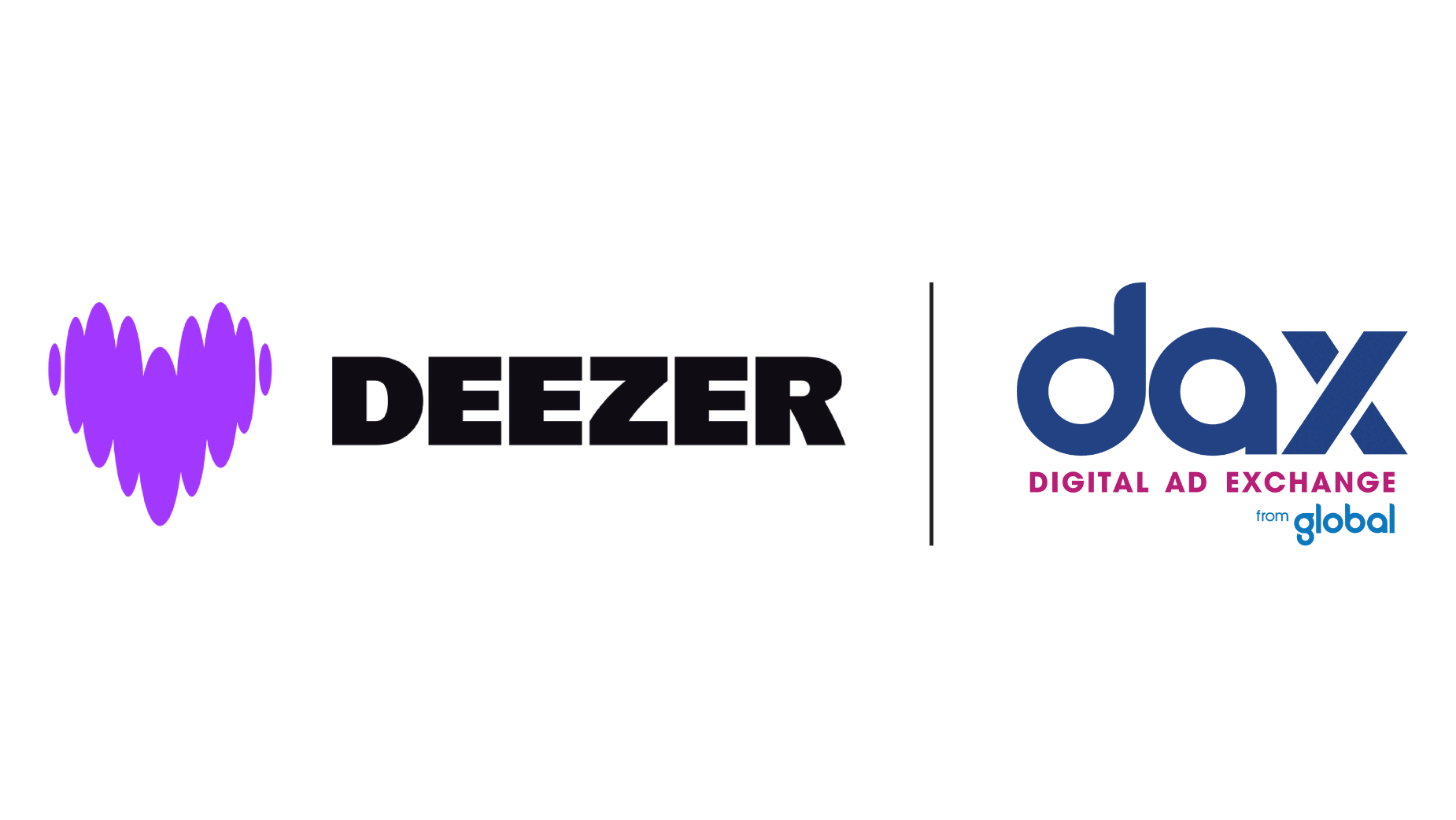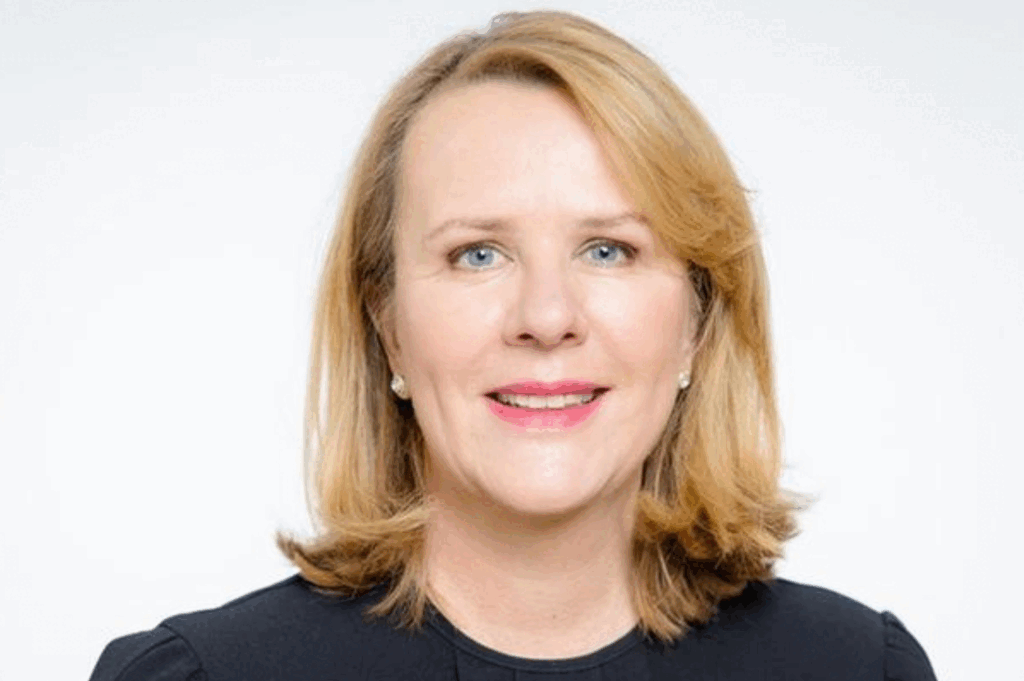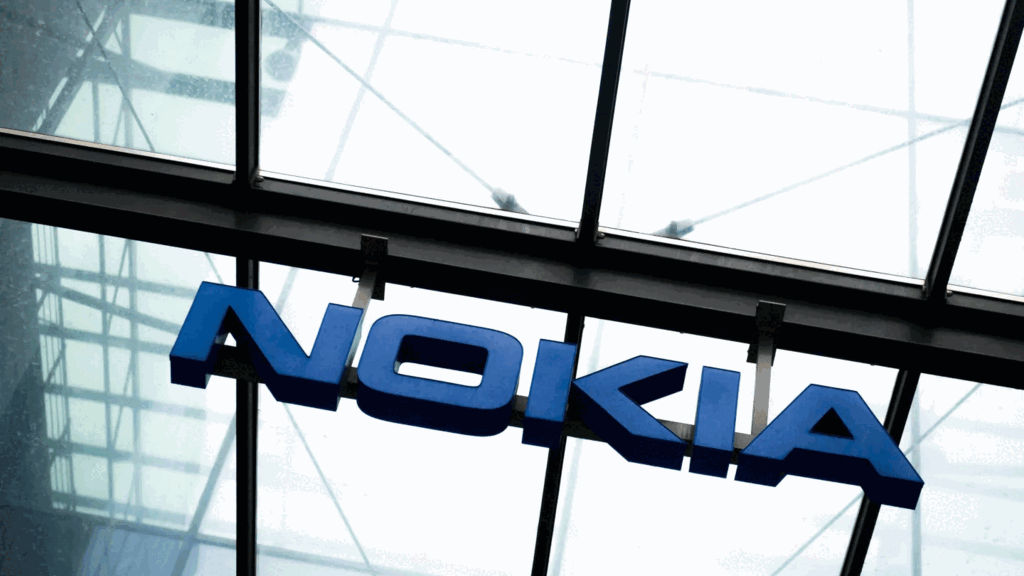Volkswagen invests $2.6bn in Argo AI, forms electric vehicle parntership with Ford
- Friday, July 12th, 2019
- Share this article:
 Ford and Volkswagen have agreed to expand their global alliance to include electric vehicles on the back of Volkswagen’s commitment to investing $2.6bn in funding and assets to Argo AI, valuing the self-driving firm at over $7bn.
Ford and Volkswagen have agreed to expand their global alliance to include electric vehicles on the back of Volkswagen’s commitment to investing $2.6bn in funding and assets to Argo AI, valuing the self-driving firm at over $7bn.
Volkswagen’s investment will include $1bn in capital and the contribution of its autonomous intelligent driving (AID) company, valued at $1.6bn. Together, the two car manufacturers will hold equal stakes in Argo, with the remainder of the company’s equity set aside for employees.
“While Ford and Volkswagen remain independent and fiercely competitive in the marketplace, teaming up and working with Argo AI on this important technology allows us to deliver unmatched capability, scale and geographic reach,” said Jim Hackett, Ford president and CEO. “Unlocking the synergies across a range of areas allows us to showcase the power of our global alliance in this era of smart vehicles for a smart world.”
Working with Ford and Volkswagen, Argo has plans to commercially deploy its self-driving system (SDS) in Europe and the US. The carmakers will independently integrate the Argo SDS into purpose-built vehicles.
The partnership between Ford and Volkswagen, which is independent of the Argo investment, will also see Ford become the first other automaker to use Volkswagen’s dedicate electric vehicle architecture and Modular Electric Toolkit (MEB), eyeing the release of a high-volume zero-emission vehicle in Europe by 2023.
Ford aims to deliver more than 600,000 European vehicles using MEB architecture over six years. The use of Volkswagen’s MEB architecture is part of Ford’s more than $11.5bn investment in electric vehicles around the world.
“Looking ahead, even more customers and the environment will benefit from Volkswagen’s industry-leading EV architecture. Our global alliance is beginning to demonstrate even greater promise, and we are continuing to look at other areas on which we might collaborate,” said Volkswagen CEO Herbert Diess. “Scaling our MEB drives down development costs for zero-emissions vehicles, allowing for a broader and faster global adoption of electric vehicles. This improves the positions of both companies through greater capital efficiency, further growth and improved competitiveness.”
















